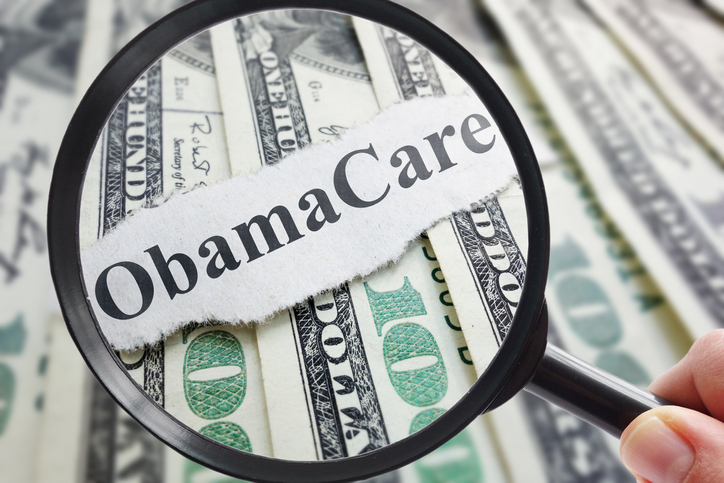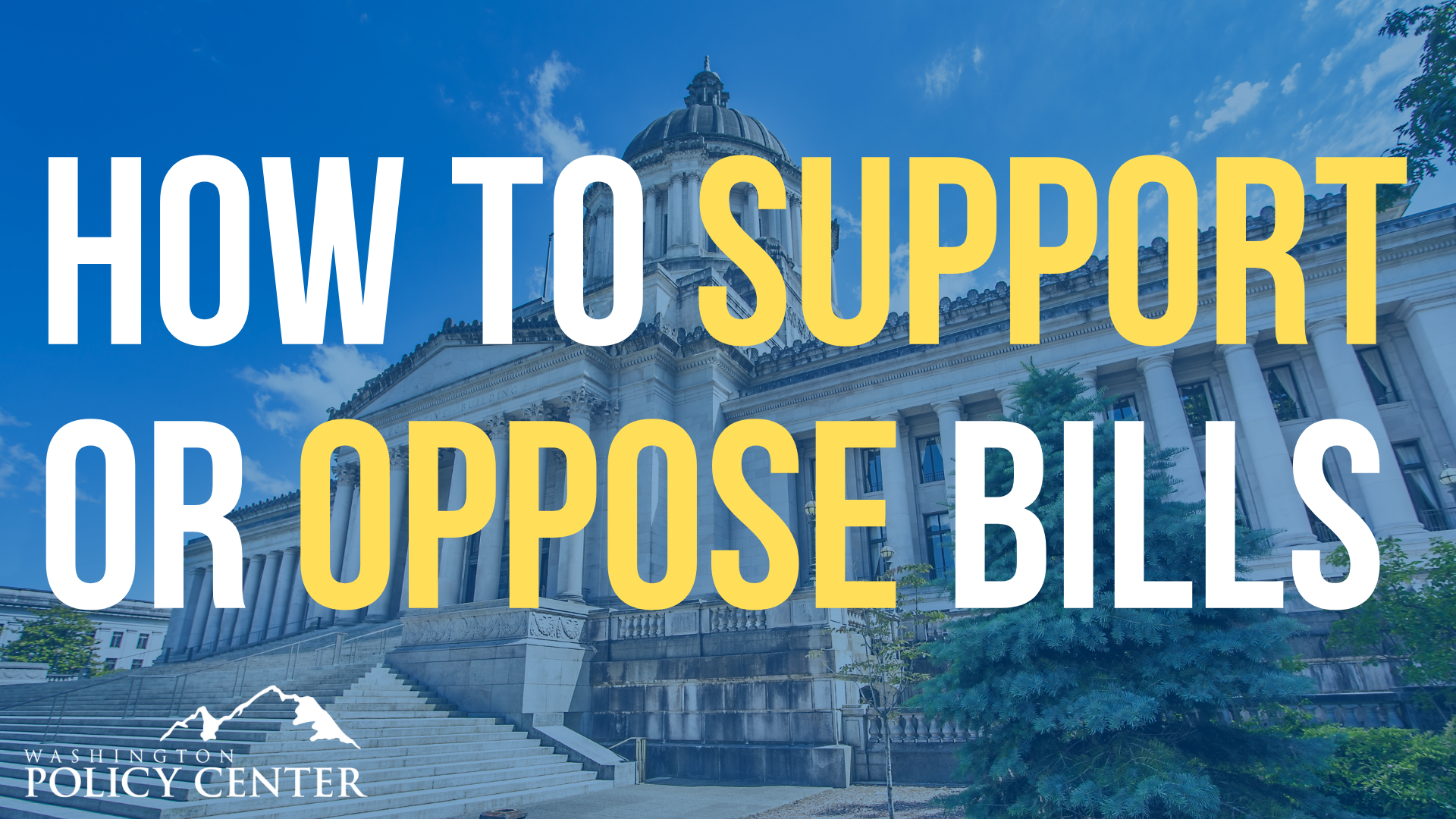The U.S. House of Representatives is set to vote this week on the Biden Administration’s $1.9 trillion stimulus bill. Along with the billions targeted for unemployment benefits and billions to shore up blue-state budget deficits, the bill includes a massive expansion of Obamacare.
The Affordable Care Act has already proven itself to be a complex, poorly designed, costly entitlement. It has insured only 40 percent of those who were uninsured when it became law in 2010. It has in no way decreased the ever-rising cost of health care in the U.S. Nationally, half of the enrollees in Obamacare are able-bodied adults who have been placed in the expanded Medicaid entitlement. The other half are in the Obamacare exchanges where health insurance premium subsidies are provided for anyone earning up to 400 percent of the federal poverty level.
The bill, called the American Rescue Plan (here), would channel more federal taxpayer money into both the Medicaid expansion and the exchanges. Twelve states have elected to not expand Medicaid as allowed in the ACA. The ARP would offer those states a five percent increase in federal matching funds for their traditional Medicaid programs. Since Medicaid is an open-ended entitlement, the total cost of this handout is uncertain. What is known, however, is that the ACA Medicaid expansion has crowded-out dollars for the neediest and sickest traditional Medicaid patients.
The real money goes to more subsidies in the ACA exchanges. Currently, people qualify for these subsidies if they earn between 100 percent to 400 percent of the federal poverty level. Last year, 85 percent of the people in the exchanges received subsidies. Those who did not receive subsidies decreased by 45 percent from 2016 to 2019. (here)
The rescue bill would eliminate this 400 percent ceiling. The Congressional Budget Office estimates this would increase the federal deficit by $34.2 billion over the next two years and two thirds of those who would benefit are already receiving subsidies in the exchanges. The CBO also estimates that 400,000 people would drop their private health insurance and enroll in a subsidized exchange plan.
The administration and other supporters of the bill claim that Obamacare expansion is necessary because so many Americans lost their health insurance with the COVID pandemic. The reality is quite different. Health insurance coverage remained stable through September 30, 2020, the last date that data was available. (here) There were losses in the private insurance sector, but these were offset by five million more enrollees in the Medicaid program and by increases in the individual insurance market.
The bill is designed to sunset the end of 2022, but entitlements take on a life of their own. From a political standpoint, there is no reason to believe this massive ACA expansion would end.
The Biden Administration does not support a “Medicare For All” plan. A federal single-payer health care system is still a political stretch too far, but another incremental move toward universal government-control of our health care system is built into the rescue bill. And this is the path to single-payer for the political left.






